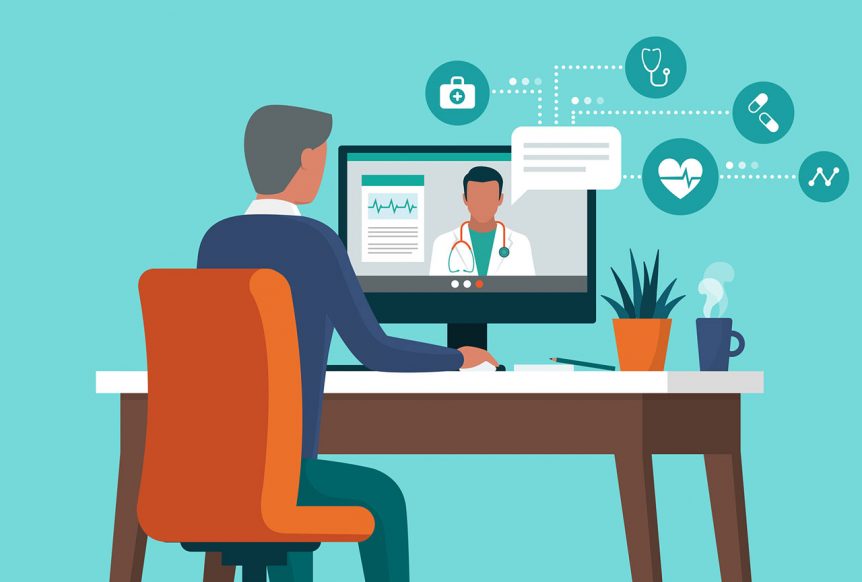online doctors treat patients through internet platforms without meeting in person. A licensed medical professional conducts these consultations. Services include health assessments, treatment recommendations, prescription writing, and sick leave documentation. A broad range of diseases is managed through telehealth. Medical professionals offer remote care to those living far away from hospitals.
Medical certificate issuance
NextClinic allows workers to obtain medical certificates conveniently during online doctor consultations for sick leave needs. Doctors check symptoms, confirm illness, and write official work absence papers. Each certificate shows the doctor’s registration details, the patient’s name, and the dates of work. Employers across Australia accept these as proper sick leave proof. Patients receive certificates by email as PDF files, typically within an hour or two. They can send these straight to their workplace personnel department. Sick people avoid going out to crowded clinics when unwell. This also stops germs from spreading to other patients in waiting rooms.
Health conditions treated
Doctors diagnose many problems remotely without examining patients physically:
- Chest colds, flu, throat infections, and sinus blockages
- Skin rashes, dry patches, pimples, and tinea infections
- Upset stomach, heartburn, food poisoning, and bowel issues
- Bladder infections and toilet frequency problems
- Worry, sadness, panic attacks, and stress reactions
- Diabetes control, blood pressure checks, and breathing difficulties
- Birth control, period problems, and sexual health questions
Patients describe what they feel during the consultation. Photos show visible problems like skin changes. The doctor asks specific questions. Doctors may need blood tests from local testing centres.
Referrals and specialist access
General doctors on telehealth platforms send patients to specialists:
- Skin doctors for difficult or ongoing skin diseases
- Mind doctors for serious mental health crises
- Heart doctors when chest pain or breathing trouble occurs
- Stomach doctors for lasting digestive system problems
- Hormone doctors for thyroid, diabetes, or growth issues
Referral letters are typed and emailed to specialist offices. Patients book their own appointments after receiving referrals. The original doctor sends medical notes and test results to help the specialist. This keeps medical care connected even when different doctors are involved.
Ongoing care management
People with lasting health problems get regular check-ups through video or phone:
- High blood pressure patients share their home monitor readings
- Diabetics report blood sugar levels and discuss diet patterns
- Asthma patients talk about breathing symptoms and inhaler use
- Mental health patients have counseling sessions and medication reviews
- People losing weight get eating plans and exercise advice
Doctors watch how conditions change over weeks and months. Medicine doses go up or down based on results. Blood test reports from local labs get reviewed during appointments. This cuts down clinic trips while keeping medical care quality high.
Preventive health advice
Doctors give health tips and screening reminders during online visits. Patients learn when to get vaccinations, health checks, and cancer tests. Topics include safe sex, pregnancy planning, and travel vaccines. These discussions help stop health problems before they start. Early advice can prevent small issues from becoming big ones. People stay up to date with health checks right for their age. A telehealth service provides regular checkups, medicine prescriptions, sick certificates, health diagnoses, and specialist referrals. Doctors give advice on prevention, chronic conditions, and everyday sickness. Many health situations get properly managed without clinic visits. Patients save travel time and get expert help at home. Remote doctor services now form a normal part of healthcare for problems that do not need hands-on examination.









